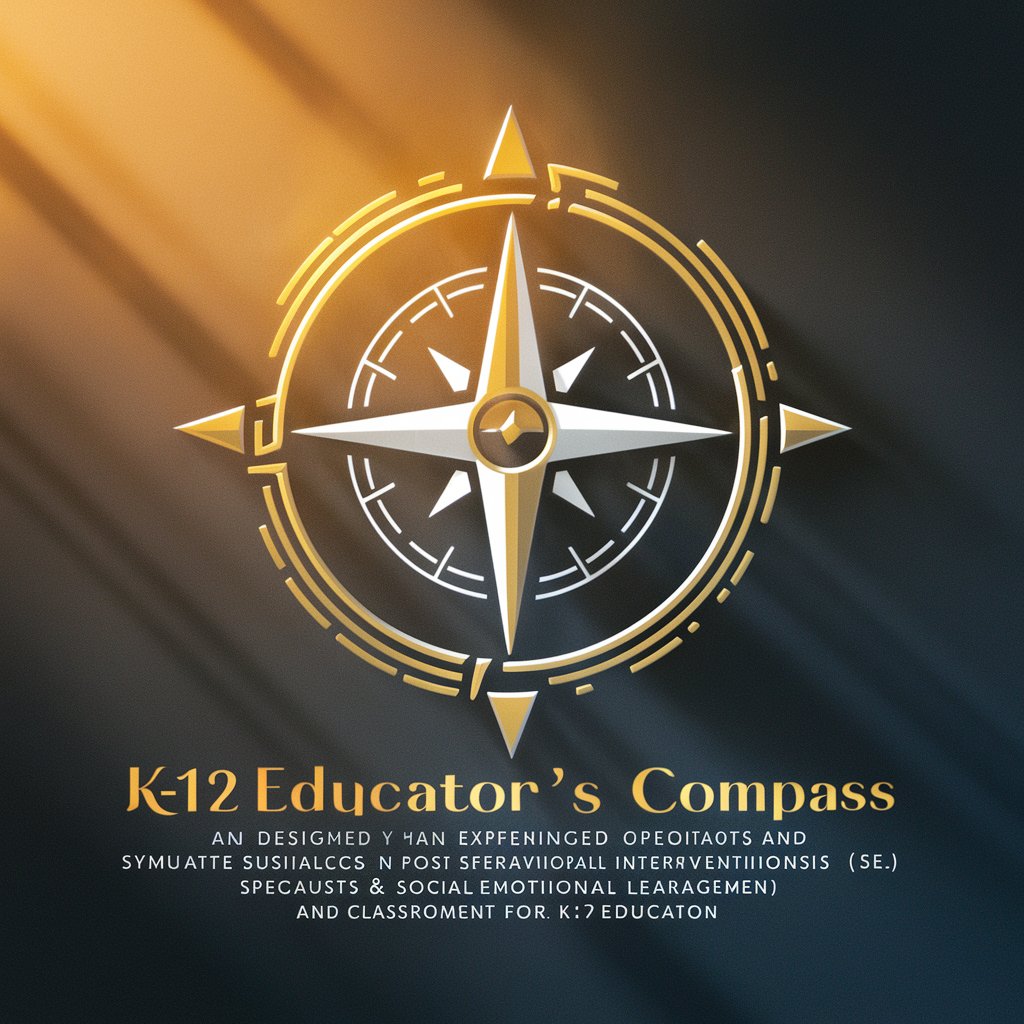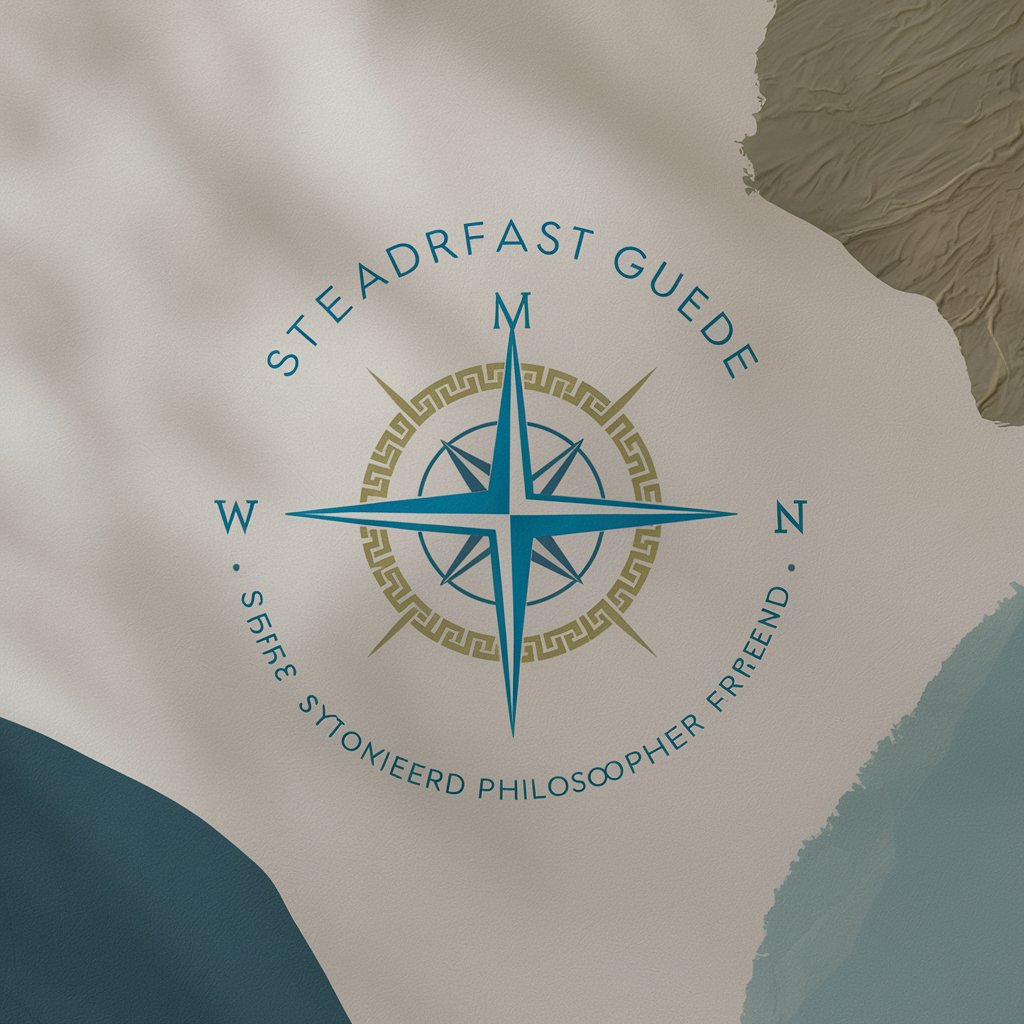
Classical Compass - Classical Music Exploration
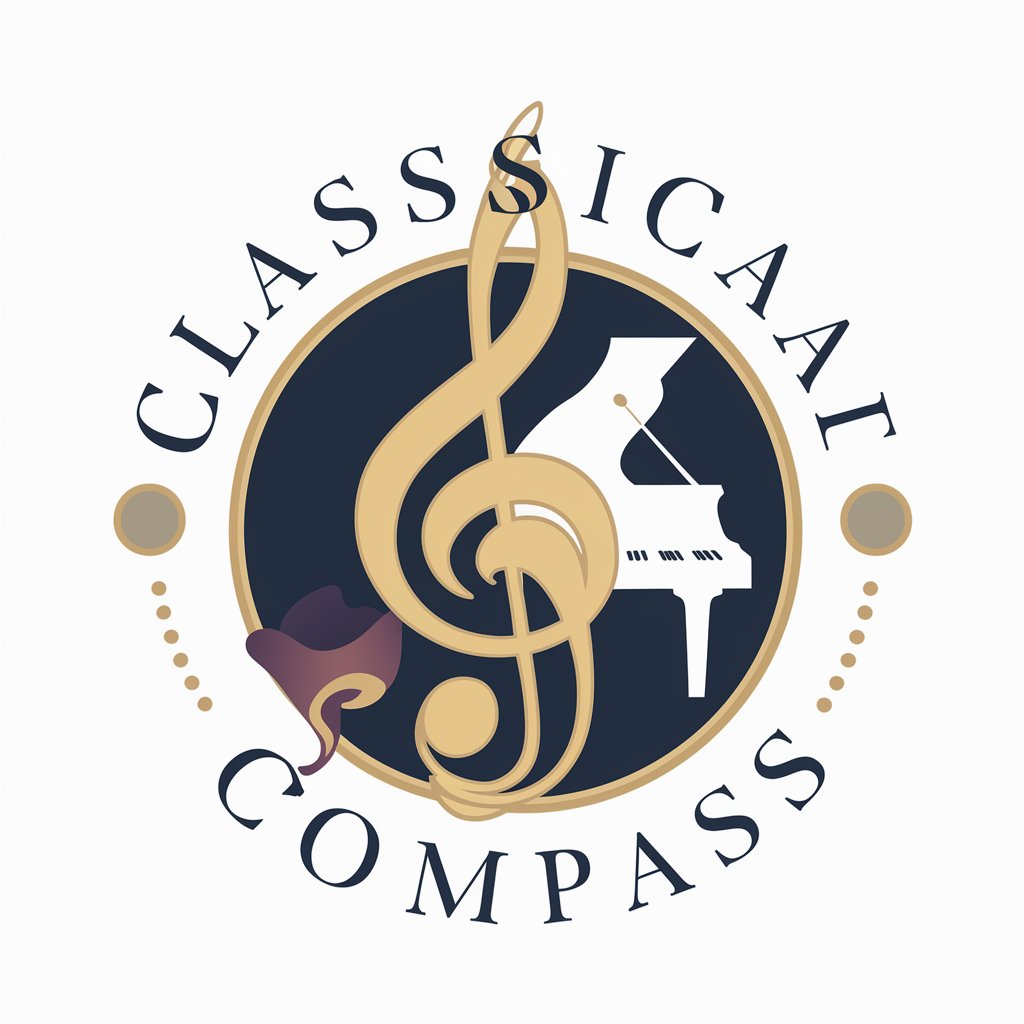
Welcome to Classical Compass! Let's explore the world of classical music together.
Unlock the world of classical music with AI.
Can you explain the structure of Beethoven's Fifth Symphony?
What are some key characteristics of Baroque music?
I'm interested in romantic piano music. What should I listen to?
How did the Classical period differ from the Romantic period in music?
Get Embed Code
Classical Compass: Guiding You Through the World of Classical Music
Classical Compass is a specialized guide designed to navigate the intricate world of classical music, making it accessible and enjoyable for beginners and enthusiasts alike. This guide aims to demystify classical music, providing insights into its rich history, varied genres, and notable compositions. By offering a listening guide feature, Classical Compass helps listeners understand and appreciate the nuances of different pieces, from the Middle Ages to the 21st century. An example of this is guiding a listener through Beethoven's Symphony No. 5, highlighting the famous four-note motif, its development throughout the symphony, and its emotional and historical significance. Powered by ChatGPT-4o。

Core Functions of Classical Compass
Listening Guides
Example
Guiding a listener through Mozart's 'Eine kleine Nachtmusik', explaining the structure, key moments, and what to listen for in each movement.
Scenario
A user new to classical music wants to understand the appeal of Mozart's work. Classical Compass offers a step-by-step guide to appreciating the elegance and complexity of this serenade.
Recommendations Based on Mood or Preferences
Example
Suggesting Debussy's 'Clair de Lune' for someone seeking calming music.
Scenario
A user looks for music to relax after a long day. Classical Compass assesses their mood and recommends a piece that encapsulates tranquility and beauty, providing an introduction to impressionist music.
Historical and Cultural Context
Example
Explaining the significance of Stravinsky's 'The Rite of Spring' and its premiere's impact on modern music.
Scenario
A user curious about the evolution of music in the 20th century receives an in-depth analysis of how 'The Rite of Spring' challenged and transformed musical norms, including its riot-inducing premiere.
Who Can Benefit from Classical Compass?
Classical Music Beginners
Individuals new to classical music who seek an entry point into understanding and enjoying the genre. Classical Compass demystifies complex compositions, making classical music accessible and enjoyable.
Music Students and Educators
Students studying music, as well as educators looking for resources to enhance their curriculum, can benefit from the detailed analysis and historical context provided, enriching their educational experience.
Enthusiasts Seeking Deeper Understanding
Classical music enthusiasts eager to deepen their knowledge and appreciation of the music can discover new insights into familiar compositions and explore lesser-known works with the guide.

How to Use Classical Compass
Start Exploring
Initiate your classical music journey by accessing yeschat.ai for an exploratory trial without the need for registration or ChatGPT Plus.
Identify Your Interest
Consider your current mood, favorite music period, or a specific composer or piece you're curious about to tailor your exploration.
Request Guidance
Ask for a guided tour of a specific piece, insights into a composer's style, or recommendations based on your mood or preferences.
Engage with Content
Follow along with the provided listening guides, noting key moments, themes, and historical context to enrich your understanding.
Expand Your Knowledge
Utilize the tool's suggestions to explore related composers, periods, and pieces, broadening your classical music repertoire.
Try other advanced and practical GPTs
SolidWorks Mentor
Empowering Your Design Journey with AI

Math Cat
Elevating Mathematics with AI Expertise

Easy Prompt Genius
Crafting Your Ideas into Intelligent Conversations
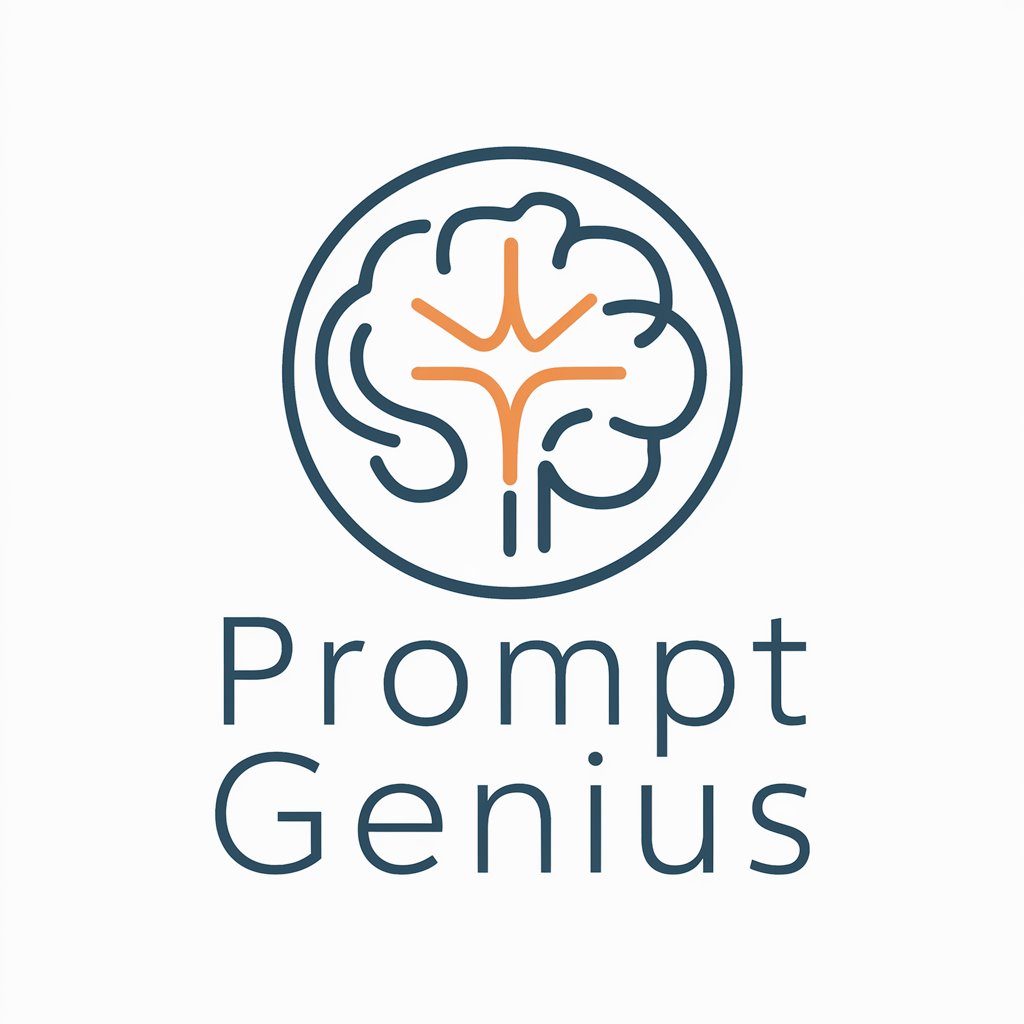
Monetize GPT
Customize AI for Your Niche, Monetize Creatively

Stock Market Learner
Empowering Your Investment Journey with AI

SpeechGPT User Guide
Clarify, Simplify, Amplify with AI

Gita Wisdom Guide
Enlighten Your Path with AI-Powered Gita Wisdom
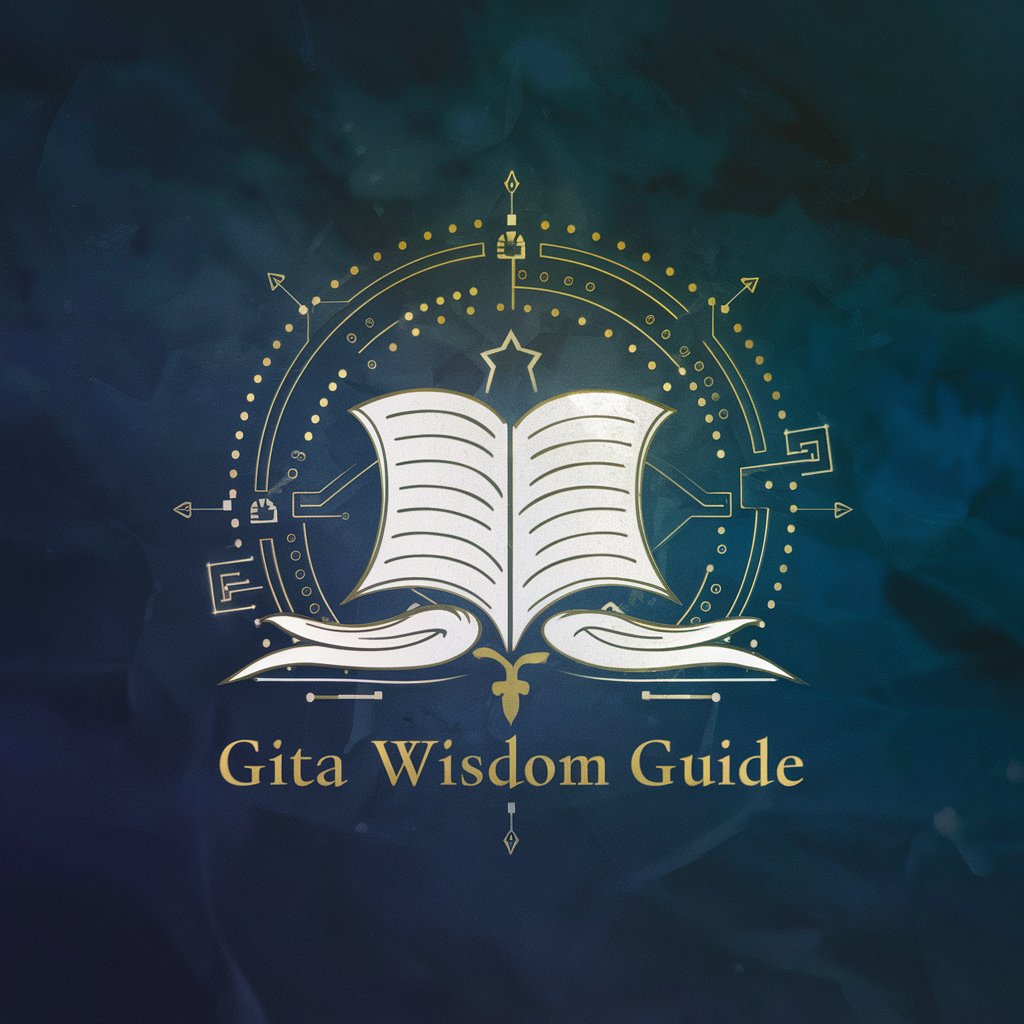
OutfitGPT
AI-Powered Style Advisor

RSE Expert
Empowering CSR with AI

旅行ガイド
Explore the world, AI at your side

グランクレストルールを教えてくれる宰相さん
Unleash the secrets of Grancrest with AI-powered insights.
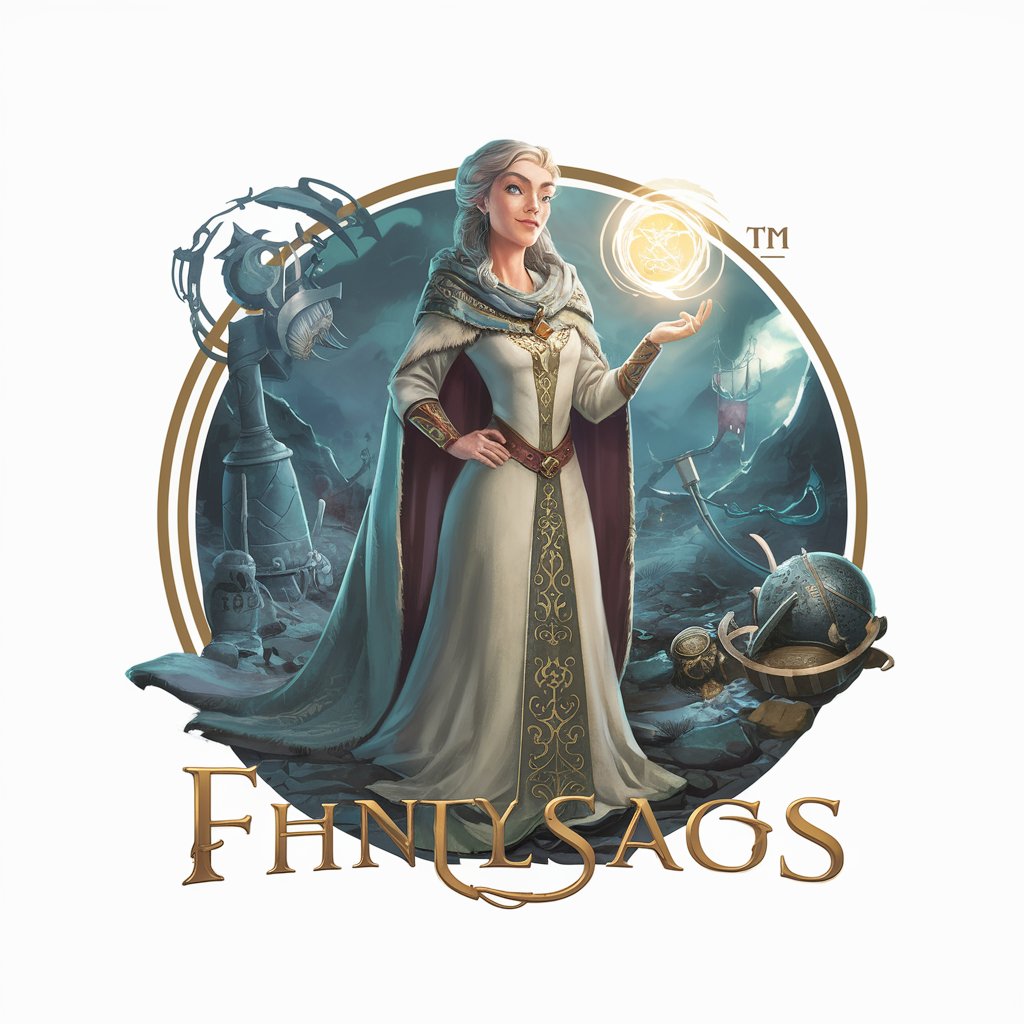
Old Salt
Embark on Adventures in Learning

Frequently Asked Questions about Classical Compass
What is Classical Compass?
Classical Compass is an AI-powered guide designed to make classical music accessible and enjoyable for beginners. It offers detailed explanations, listening guides, and personalized recommendations.
Can Classical Compass suggest music based on my mood?
Yes, simply describe your current mood or the type of atmosphere you're seeking, and Classical Compass will recommend pieces that match your criteria.
How does the listening guide feature work?
When you select a piece, Classical Compass provides a real-time guide, highlighting key moments, thematic development, and interesting facts as you listen.
Is Classical Compass suitable for academic use?
Absolutely, students and researchers can leverage the tool for deep dives into music history, analysis, and the study of various composers and their works.
How often is the Classical Compass content updated?
The content is dynamically updated to reflect ongoing research in musicology and user feedback, ensuring a rich and current exploration experience.

